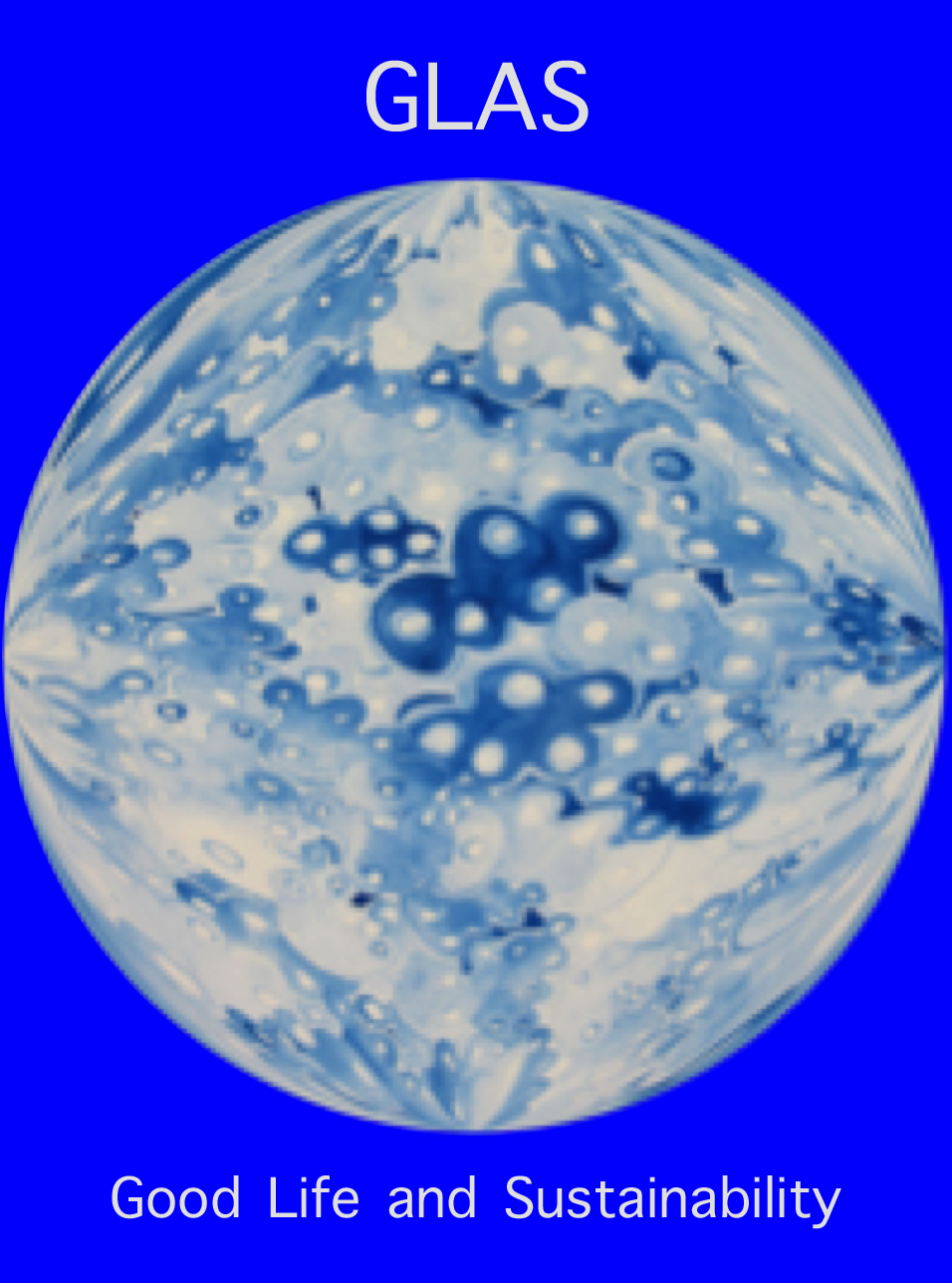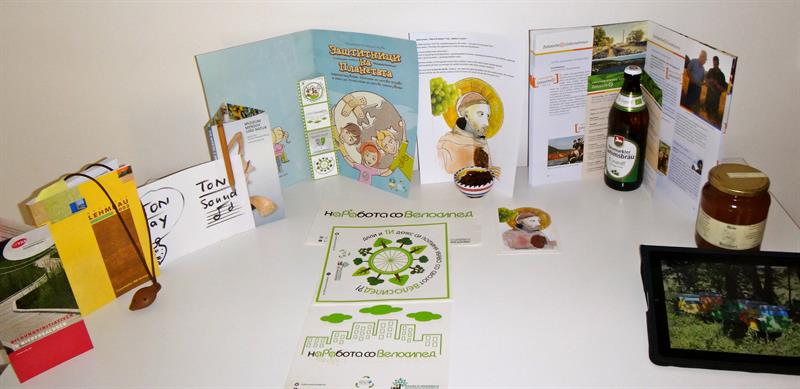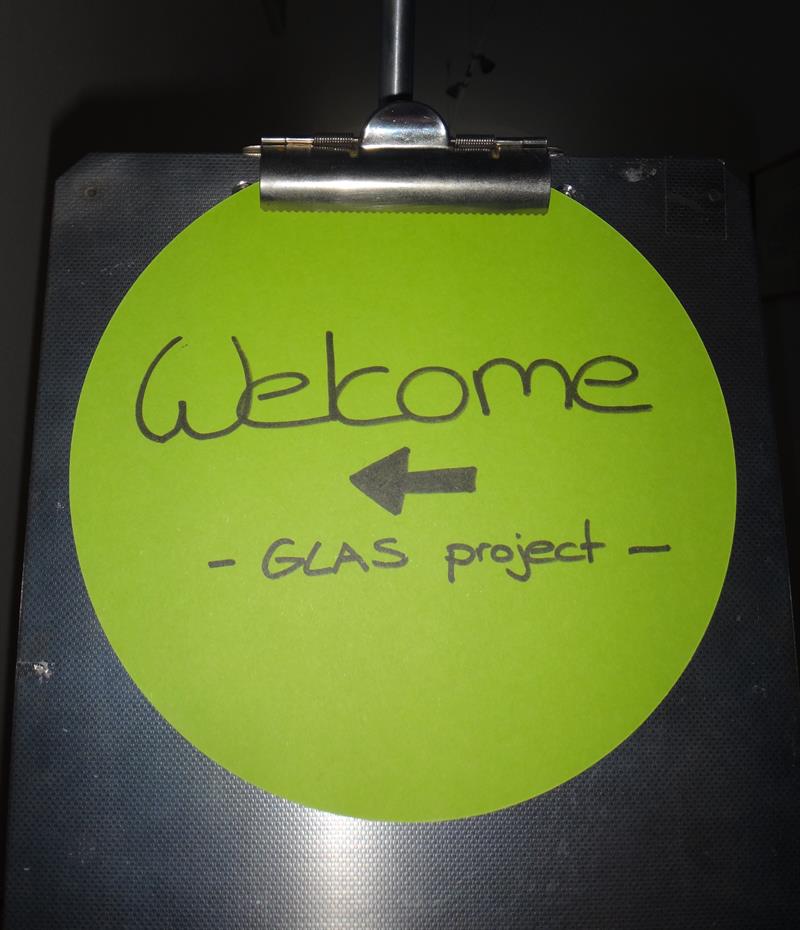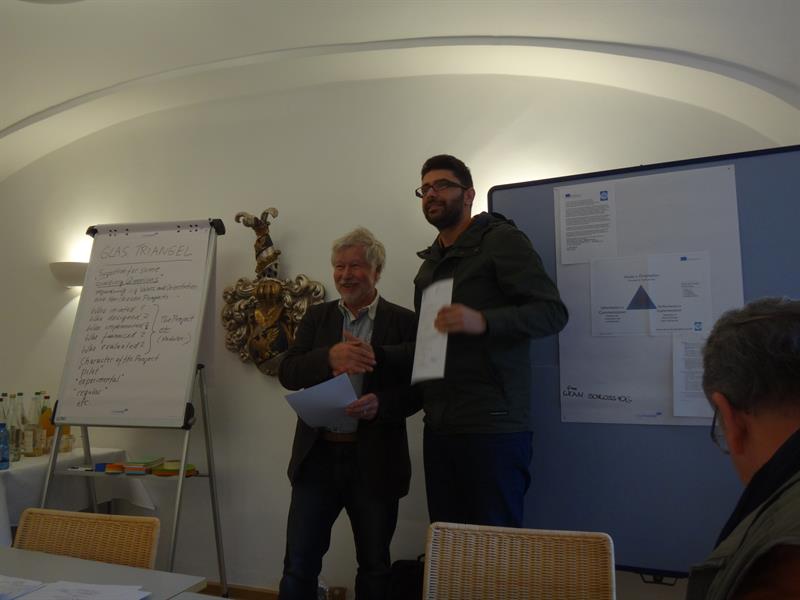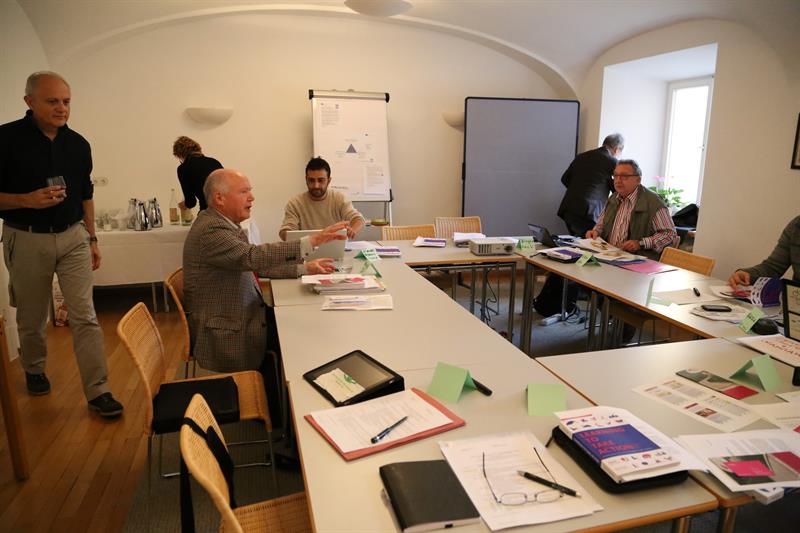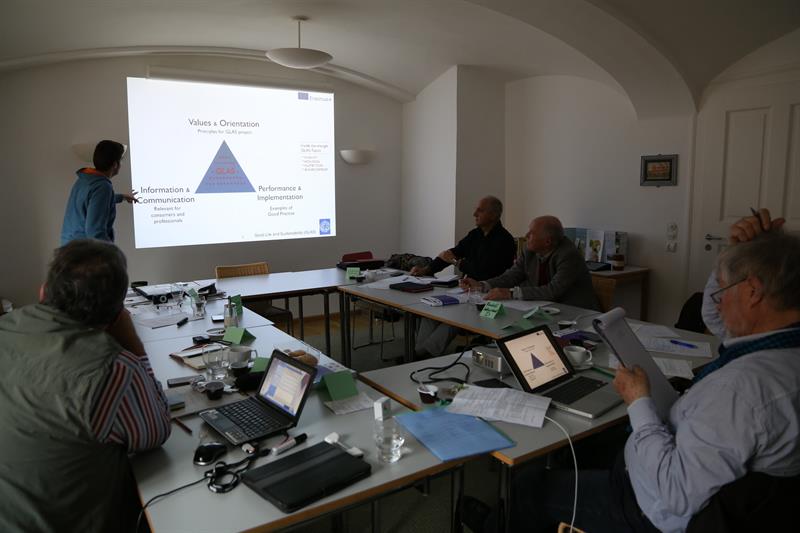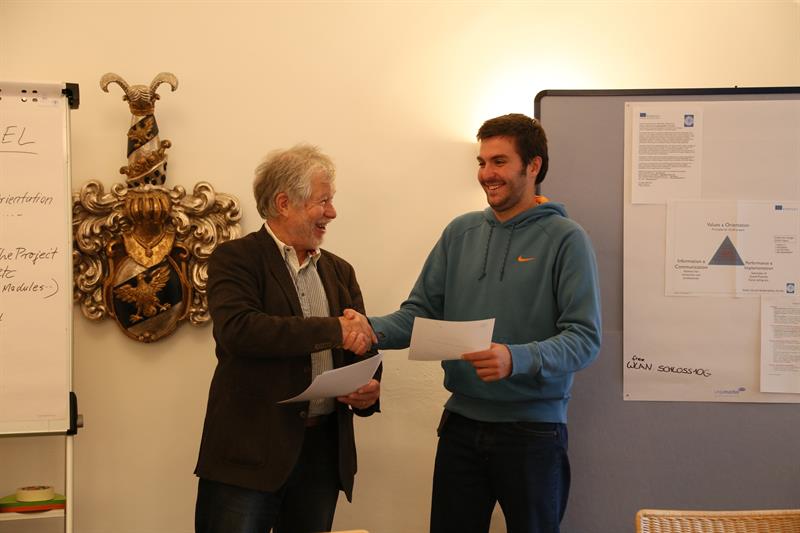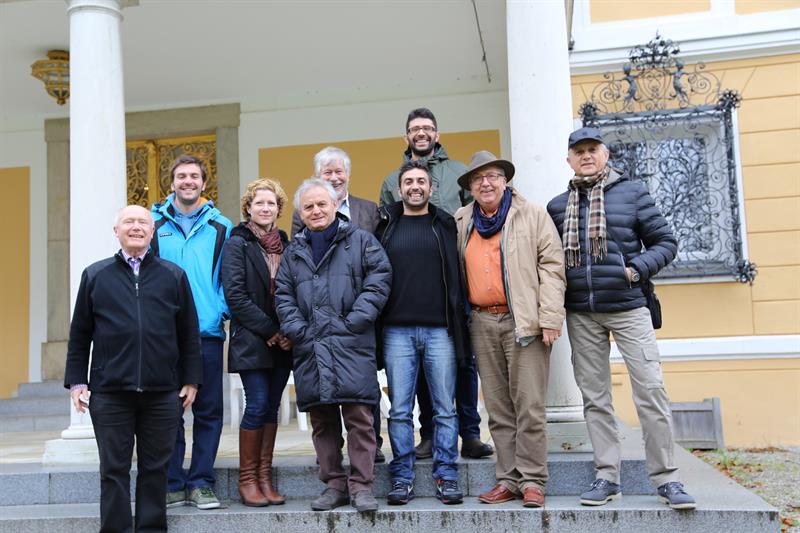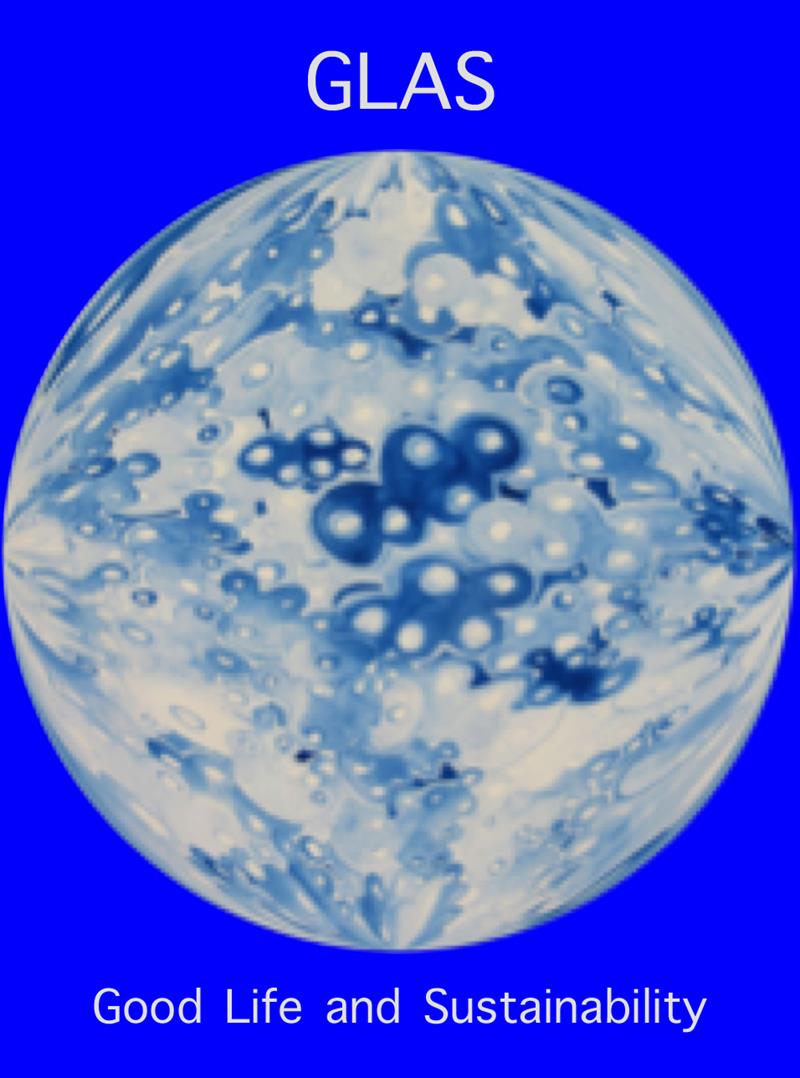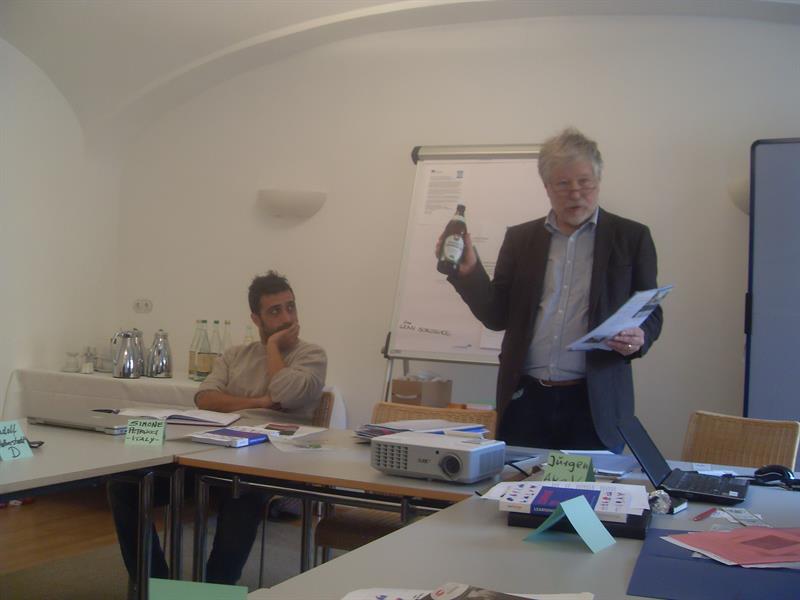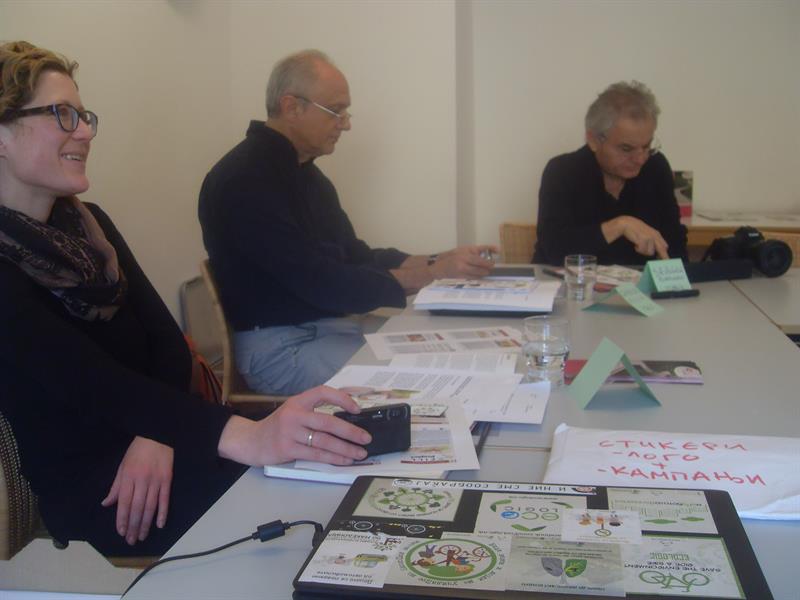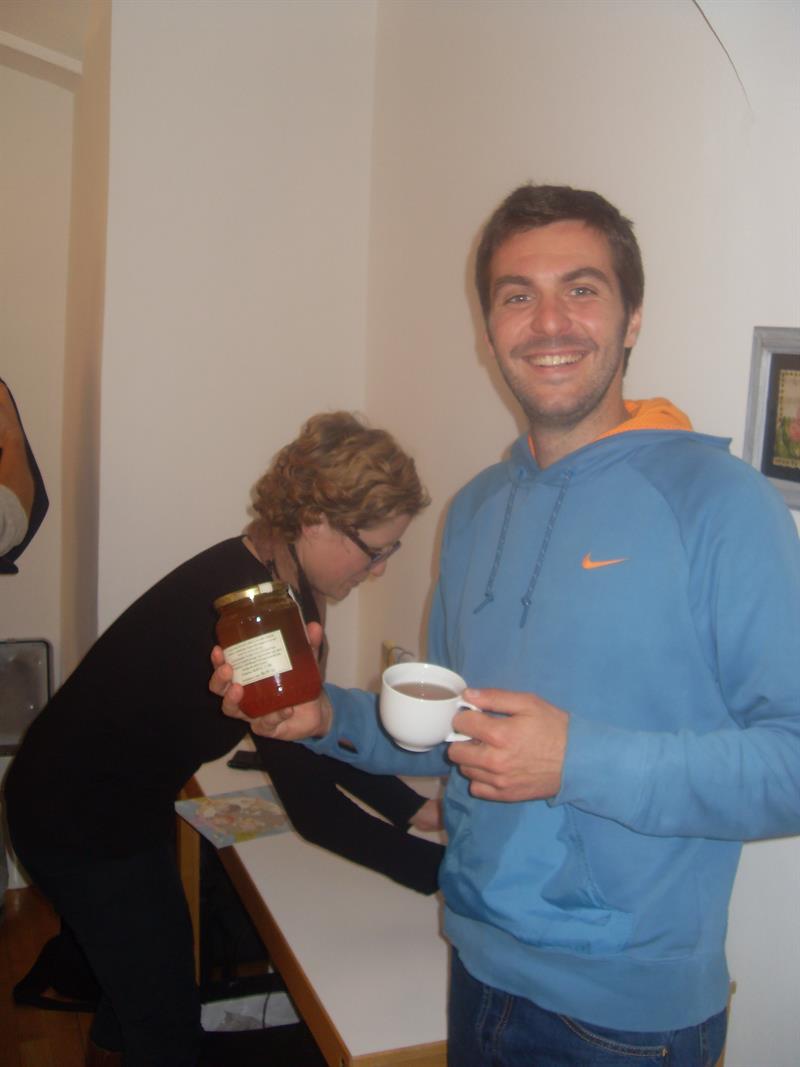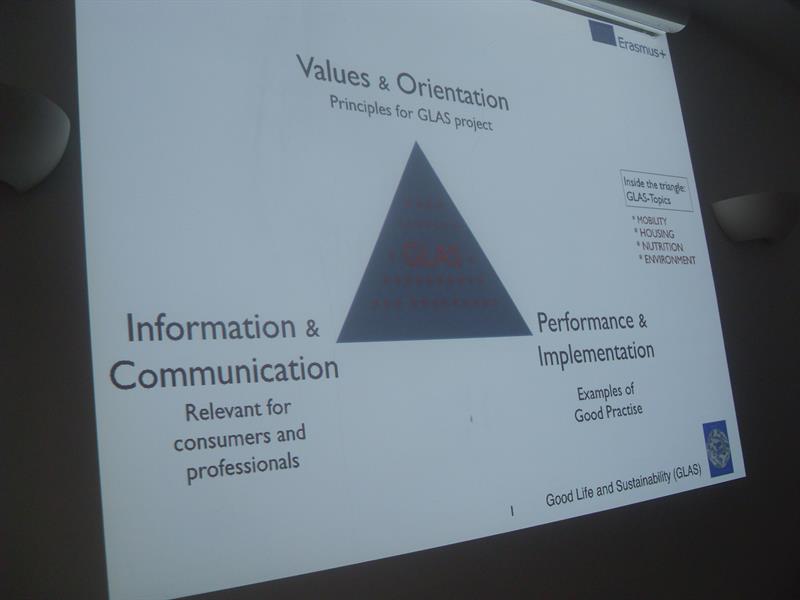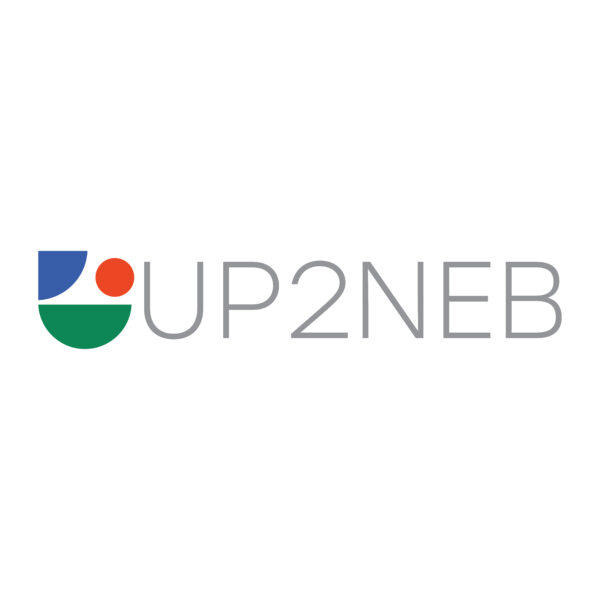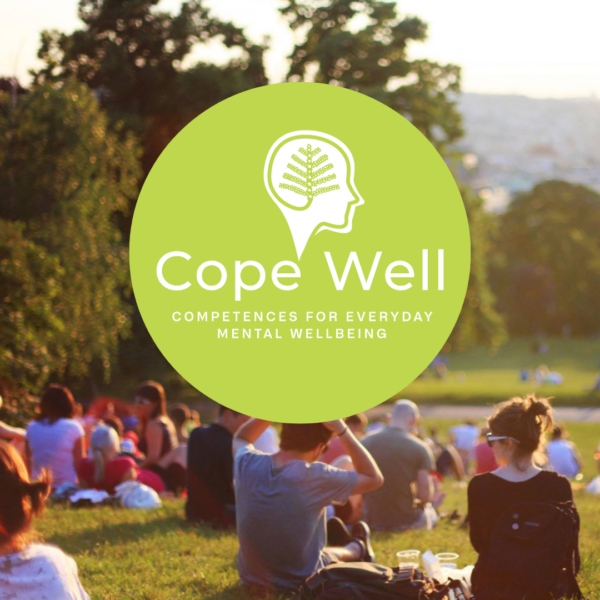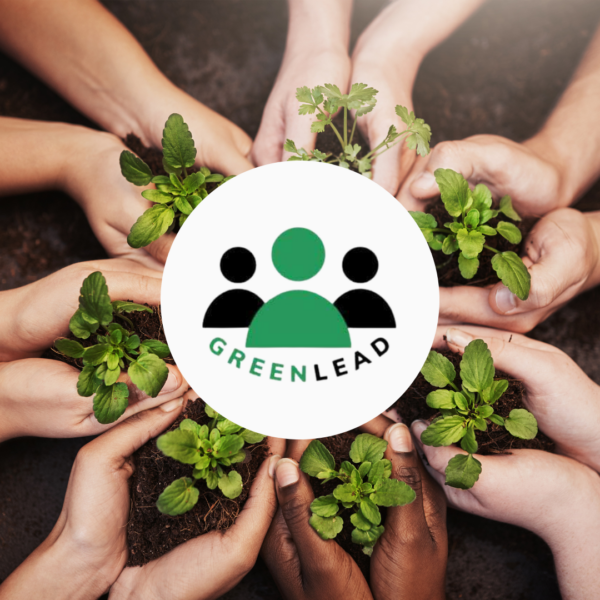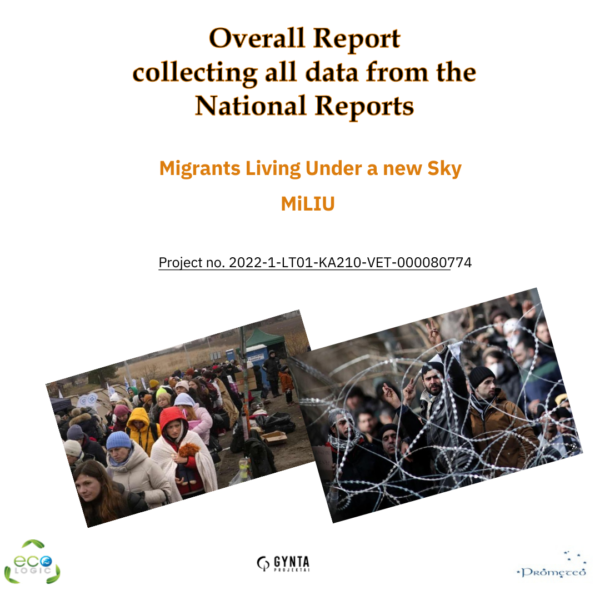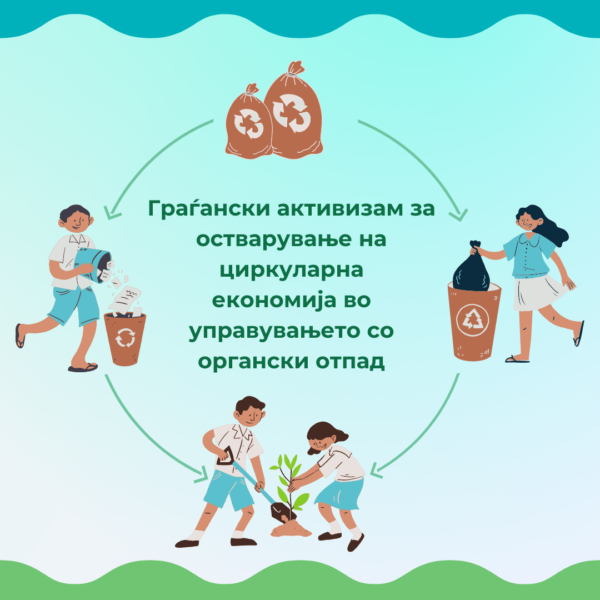GLAS – Erasmus+ Project
Website: Glassproject
The project contributes to the implementation strategy of excepted sustainable development goals of the EU and of the member states of project partners. It is generally accepted that education is a key factor for successful implementation strategies, on the EU level and on the level of member states. Sustainability topics are already fairly well established in the curricula of schools and the universities.
In adult education there are still potentials that should be addressed to improve the implementation process. With regard to the complexities of strategies to reach sustainability goals and also to improve the quality of life (good life) it is evident that informed and well-educated citizens in matters of sustainability will be helpful to increase acceptance of necessary implementation activities. In this context sustainability-orientated consumer education is especially important.
The project is also relevant for the project family pursuing the objectives of the strategic framework for European cooperation in education and training. The approach of this project is also in line with findings of the OECD Survey for Adult Skills (PIAAC). That survey underlines the necessity to supplement specific labour market-orientated skills by additional social and other personal skills to be more successful on the labour market.
As far as contents, methods and tools are concerned the project pursues a holistic approach in sustainability-orientated consumer education. That would allow a great flexibility in the choice of methods and tools in a given project situation – including low level formats for those learners with special needs. With this goal partners of the project will choose good practice examples for further description and analysis according to the key standards that project partners shall agree for in the first meeting of the project.
A special need addressed by this project is to increase the level of awareness and knowledge of citizens related to issues of sustainability that have an important impact for their everyday life. To do this successfully a new approach is needed to enable citizens to reflect their role as consumers in the context of sustainable development goals. The GLAS project intends to make a contribution to deal with the important topics of sustainability by focussing on consumer education in a broader sense. Our approach to consumer education would include issues like consumer attitudes and values also relevant for the decision-making process of consumers. These are also important aspects for the development of a culture of sustainability.
The GLAS project aims at supporting consumer education in the context of a culture of sustainability. It will identify factors of good life in different European regions, and it will collect examples of good practice relevant for a sustainable development. The project focuses in detail on the following contributions with a view to the specific contexts of project partners: 1. Support of professional qualifications and especially re-skilling und up-skilling of professional qualifications 2. Empowerment of consumers as partners in the market 3. Information about the importance of consumer education for sustainable development to the interested public This will also include the enhancement of diversity skills such as intergenerational and intercultural skills/competences being useful for individuals in their personal and social development and as well for the labour market. These diversity skills will help the learners to act more flexible and more appropriate in view of different lifestyles everywhere in Europe, and to accept different points of view and competences of other European citizens in their professional and private surroundings.
The topics of the project are related to the various aspects of good life in some selected European regions. This includes different aspects of an emerging culture of sustainability, especially focused on consumer education with examples in the fields of cultural work, labour market and social work. It includes issues such as housing and environmental issues, nutrition and mobility, also with reference to the labour market and relevant professional qualifications. The diversity approach of the GLAS project will also contribute to European politics of supporting „equity, social cohesion and active citizenship“ („ET 2020” and „Europe 2020“). The main target groups of the project are learners and trainers/staff in adult education and consumer education, full professionals and volunteers in the field of consumer education and sustainable development including environmental groups. A special target group are low-income people in the regular labour market as well as in the “informal labour market”. The methodology of the project is based on the participation of learners by reflexive and interactive learning. Learners will participate continuously in all phases of the project.
Partners
The project „G.L.A.S. – Good Life and Sustainability” has been funded with support from the European Commission. This website reflects the views only of the author, and the Commission cannot be held responsible for any use which may be made of the information contained therein.
